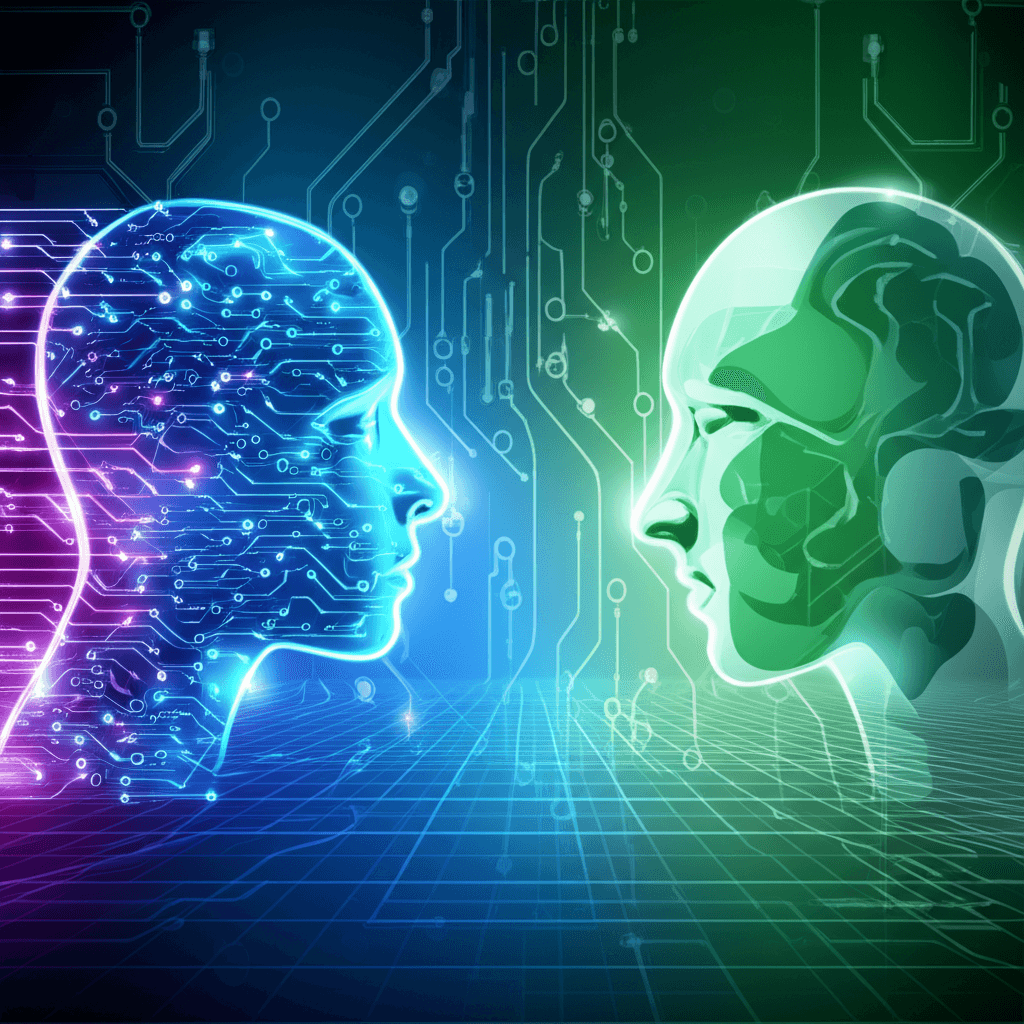AI Nearly Wins Elite Human Coding Championship, Takes Second.
OpenAI's AI model secures second place in a complex coding competition, signaling a new era of AI reasoning and human-AI partnership.
July 19, 2025

A sophisticated artificial intelligence model developed by OpenAI has secured a remarkable second-place finish in the AtCoder Heuristics World Finals, a grueling 10-hour competition that pits elite human programmers against some of the most complex optimization problems. This achievement marks a significant milestone for AI in the realm of competitive programming, demonstrating that autonomous systems can now rival top-tier human talent in tasks requiring deep reasoning, creativity, and strategic problem-solving. While a human competitor ultimately claimed the top prize, the AI's performance underscores the rapid advancement of reasoning capabilities in large language models and signals a future of increased collaboration between human and artificial intelligence in software development and other complex domains. The event, sponsored by OpenAI, has sparked widespread discussion about the evolving landscape of programming and the potential for AI to tackle challenges once thought to be the exclusive domain of human intellect.
The AtCoder World Tour Finals is a prestigious annual event in Tokyo, attracting the world's best competitive programmers.[1] The 2025 competition featured a heuristic contest, a particularly challenging format where participants are given a single, open-ended NP-hard problem and a 10-hour window to devise the best possible solution.[2][1] These types of problems are notoriously difficult because finding a perfect or optimal solution is computationally infeasible, requiring competitors to design and implement clever "heuristics," or problem-solving shortcuts, to find high-scoring, approximate solutions.[2][3] The specific problem involved guiding virtual robots across a 30x30 grid to specified destinations in the fewest possible moves, a task complicated by the ability to place walls and move multiple robots simultaneously.[4] This format tests not only raw coding skill but also creativity, strategic thinking, and the ability to iterate and refine a solution under immense time pressure. It is in this arena of complex, open-ended problem-solving that OpenAI chose to test its autonomous AI agent.[2]
The OpenAI model, which the company has not publicly named, competed under the same conditions as the 12 human finalists, who were selected based on their performance throughout the previous year.[5][1][6] For the entire 10-hour duration, the AI operated fully autonomously, without any human intervention.[4] It wrote, tested, and refined its own code, rapidly iterating through potential solutions at a pace no human could match.[2] The AI took an early lead, employing a greedy strategy to quickly find a good, but not optimal, solution.[4] This initial success was met with some skepticism from human observers, who believed the AI might be stuck in a "local minimum" and would be overtaken by competitors using more sophisticated strategies.[4] However, about five hours into the competition, the AI surprised many by adapting its approach and beginning to incorporate more complex techniques, such as placing walls.[4] This demonstrated a level of strategic flexibility that went beyond simple, brute-force computation.
The competition unfolded as a dramatic back-and-forth battle between the AI and the eventual winner, a Polish programmer and former OpenAI employee named Przemysław Dębiak, who competes under the alias "Psyho".[4][7] Around the seven-hour mark, Psyho overtook the AI, only for the model to find a better approach in the eighth hour and reclaim the lead.[4] Ultimately, Psyho's ability to spot subtle patterns in the grid that the AI missed, combined with a daring last-minute refactoring of his code, allowed him to secure the victory.[2][4] Psyho, a four-time champion of the TopCoder Open Marathon Match, won with a final score that was 9.5% higher than the AI's, a testament to the enduring power of human intuition and creative insight in complex problem-solving.[2][7] Following the event, OpenAI CEO Sam Altman publicly congratulated the winner, and the company acknowledged the AI's second-place finish, remarking, "Congrats to the champion for holding us off this time."[8]
The implications of an AI's near-victory in such a prestigious and complex competition are far-reaching. It represents a significant leap forward from earlier AI models that excelled primarily at more straightforward coding tasks.[9] This success is attributed to advancements in large reasoning models (LRMs) and reinforcement learning, which allow the AI to not just write code, but to "think" in logical steps, break down problems, and refine its strategies based on learned experience.[10][9] While AI is not yet poised to replace human programmers, its performance at the AtCoder finals suggests a future where AI acts as a powerful collaborator, automating routine tasks and augmenting human creativity.[11][10] The event serves as a powerful demonstration that the development of generalized reasoning capabilities, tested in challenging domains like competitive programming, is a crucial step toward building more capable and adaptable AI systems that can tackle a wide range of real-world problems.[12][13]
Sources
[1]
[3]
[6]
[7]
[10]
[12]
[13]